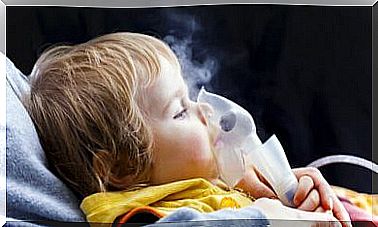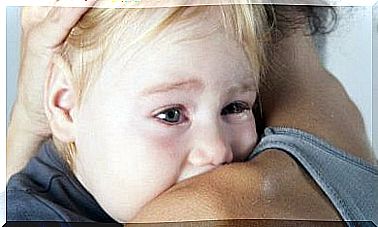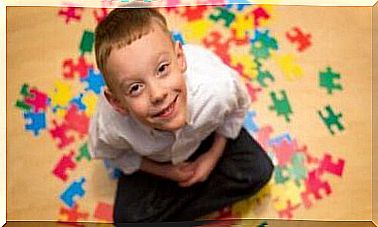How Are Children Affected By Parental Absence?

Children benefit from a healthy relationship with both their parents, but circumstances can sometimes make it impossible. In this article, we will explain how children are affected by parental absence.
Death, divorce or other unpleasant events can leave a child without parents. If this happens , it is important to know how to deal with the long-term emotional effects of absent parents.
How are children affected by parental absence?
Parents are a source of security and warmth for their children. However, if one or both parents are absent, they may be deprived of the attention on which they depend.
When the mother or father is not at hand , the children may suffer and feel that they do not have all the support they need.
To hide this vulnerability and possibly counteract it, some young people may become aggressive with the intention of intimidating others before becoming victims themselves. However, not all children suffer from the effects of absent parents in the same way.
Problems related to parental absence
Parental absence can be complicated for children. Therefore, problems such as the following may occur:
Problematic relationships
When a child or teenager loses a parent , this indirectly affects his or her relationship with others. A prevailing consequence is problematic relationships. Young people can develop a bad self-image and become increasingly upset, as well as begin to fear more abandonment.
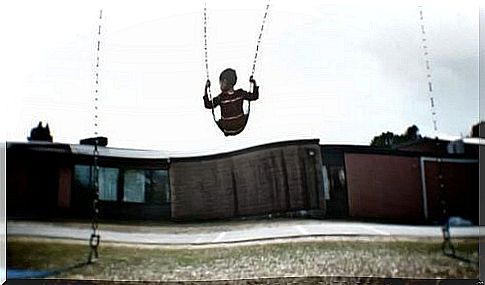
2. Cognitive consequences
Single households are more likely to have young people with lower cognitive abilities, according to a study in The Journal of Human Resources. A contributing factor is less participation of adults in the teenager’s education. One way to combat this is to find support through social community or the family.
Aggression
A teenager who lacks a parent can harbor anger, which can manifest as aggression. Parental influence in a child’s early years teaches him or her appropriate responses and measures to deal with aggression.
When one of the parents is missing, these lessons can go unnoticed. When young people reach adolescence, they are more likely not to have the ability to manage their own aggression appropriately.
4. Anxiety
The child may be prone to episodes of anxiety. This is because a child without a parent has not had the intimacy and closeness that a healthy relationship provides with a person with close ties.
If the child also suffers from hyperactivity, anxiety problems can arise related to the separation from one of the parents. For teens, this can lead to problems with their academic performance.
5. Academic achievement
A normal family structure has a positive impact on young people’s academic performance. Parents encourage their children to do better in school, and young people are motivated by a desire to make adults feel proud of them.
With absent parents, young people lose their motivation and therefore worry very little about what grades they get in school.
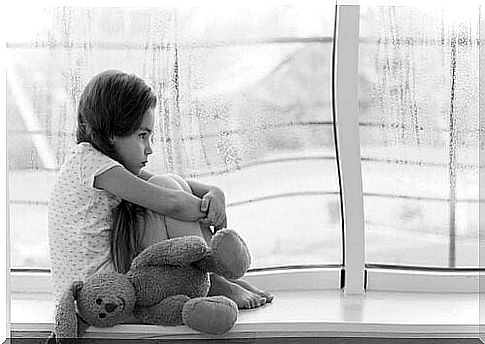
6. Drug and alcohol abuse
Adolescents with absent parents are more likely to become addicted to drugs or drink alcohol before reaching legal age to do so. By not having anyone around to control them, they take over responsibility for their own freedom, and they do not always use it appropriately.
In fact, research has shown that absent parents increase the risk of children drinking and smoking before they become teenagers.
Finally, remember that parental absence can have a greater impact on young children. However, not all children are the same, so remember that it does not affect everyone in the same way.
In any case, the most important thing is to pay attention to them and give them affection, as well as to always be present and listen to their problems.
